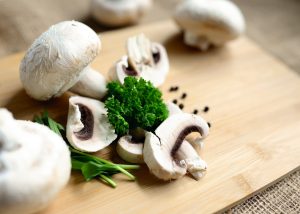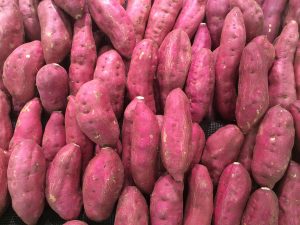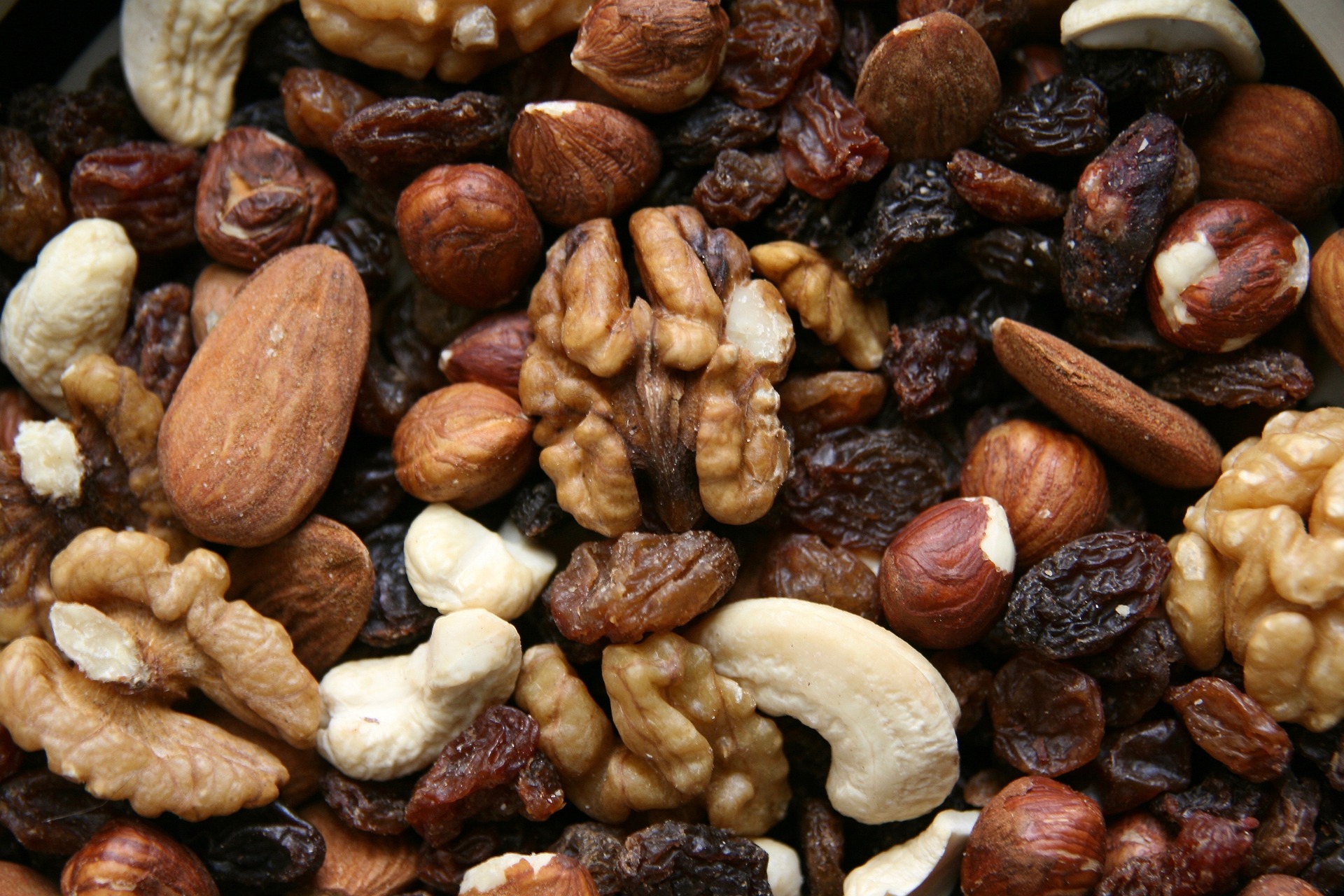
Dry fruits have been cherished for centuries, not only for their exquisite taste but also for their numerous health benefits. Packed with essential nutrients, vitamins, and minerals, these dehydrated wonders offer a delightful and convenient way to boost your overall well-being. In this blog, we will embark on a flavorful journey through the various types of dry fruits, exploring their unique characteristics and health perks.
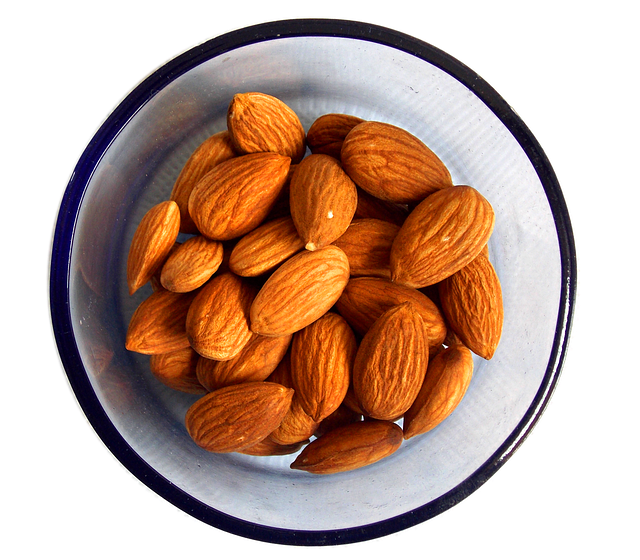
- Almonds: The Powerhouse of Nutrients
Almonds, renowned for their rich flavor and nutritional density, are a popular choice among dry fruits. They are loaded with healthy fats, protein, and vitamin E and it contribute to heart health, skin nourishment, and immune system support. They are also a fantastic source of antioxidants, helping to combat oxidative stress in the body.
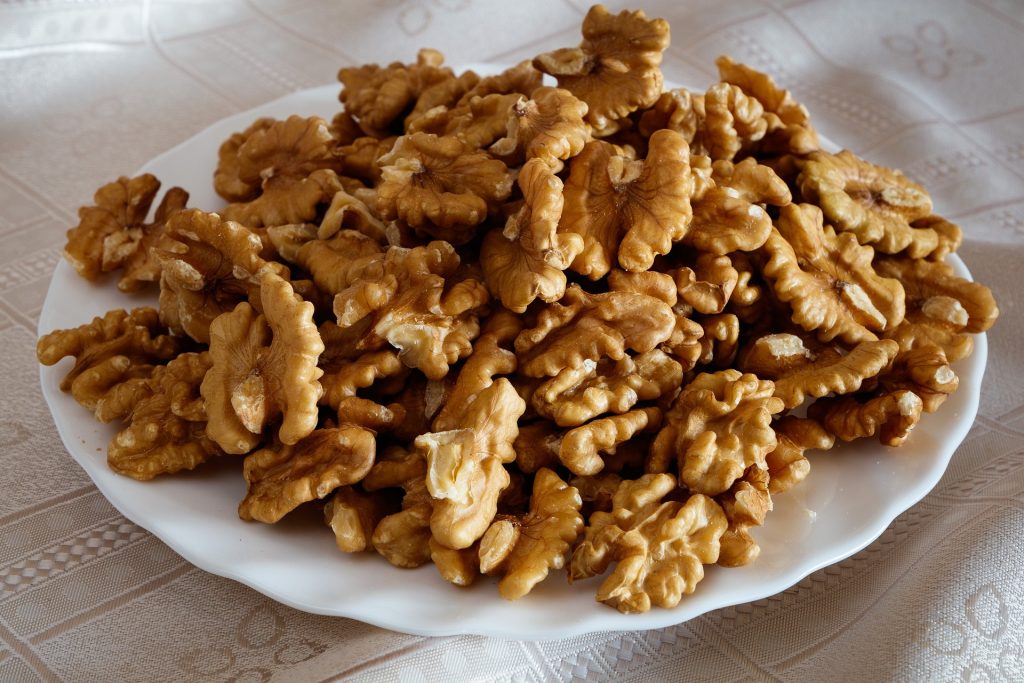
- Walnuts: Brain-Boosting Goodness
Due to the high content of omega-3 fatty acids in miniature brain like shaped walnuts, they are often referred to as “brain food”. These healthy fats play a crucial role in supporting cognitive function and may reduce the risk of age-related cognitive decline. Additionally, walnuts provide a good dose of antioxidants and minerals, promoting overall well-being.
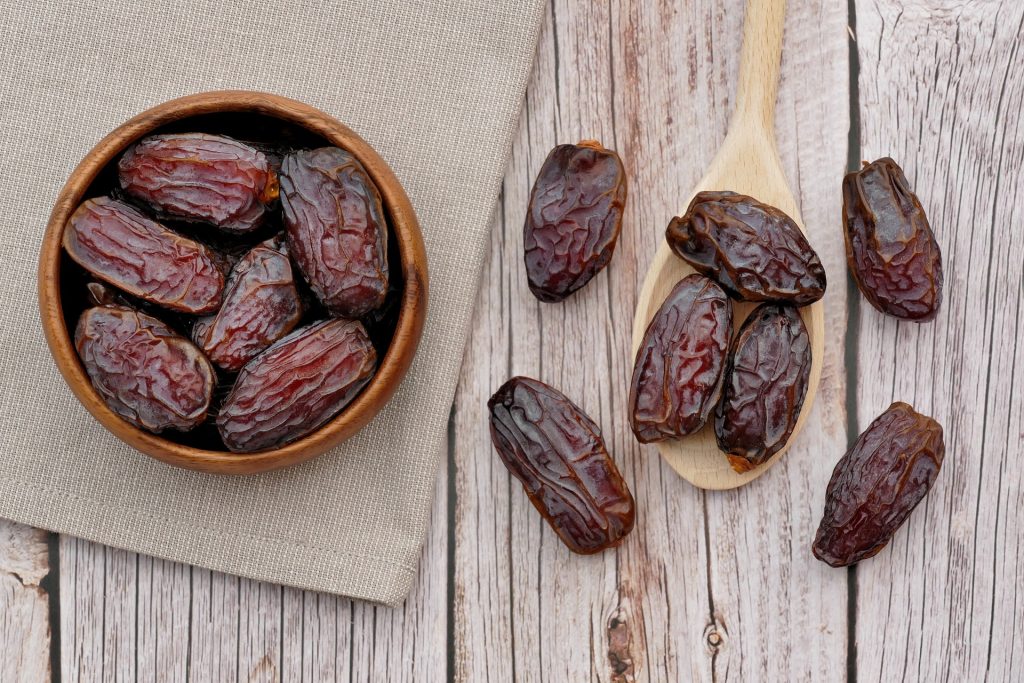
- Dates: Nature’s Candy
Sweet and chewy, dates are a natural alternative to sugary treats. Dates, packed with energy, fiber, and essential minerals such as potassium and magnesium, are not only delicious but also contribute to digestive health and muscle function. Their natural sweetness makes them a perfect addition to desserts and snacks without the need for added sugars.
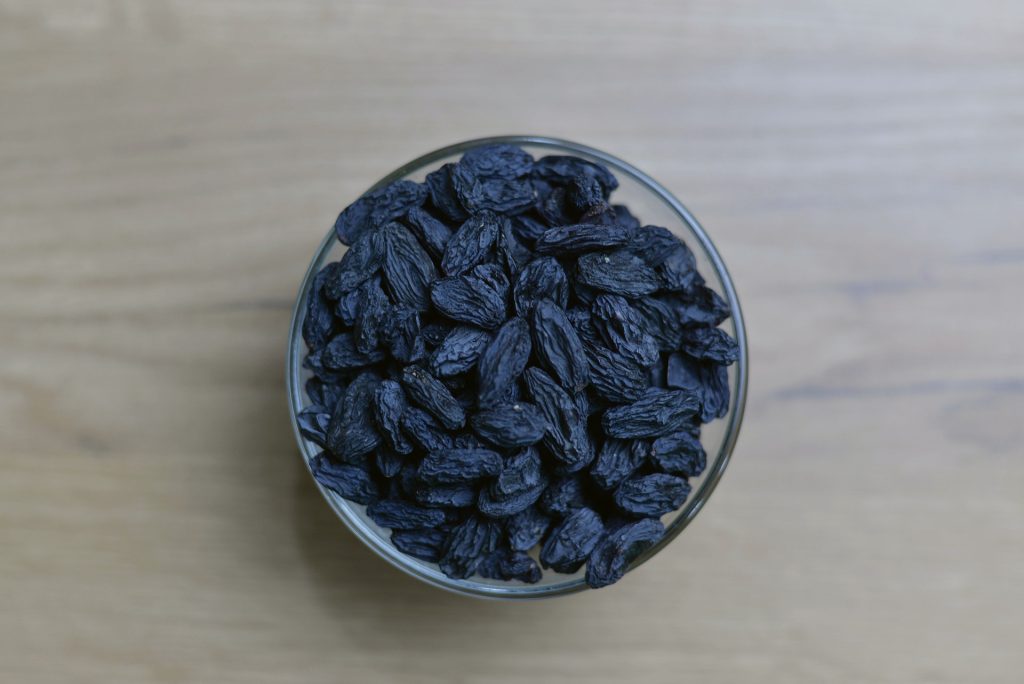
- Raisins: Little Drops of Nutrient Gold
Raisins, dried grapes, are tiny yet mighty when it comes to nutrition. They are rich in iron, potassium, and antioxidants, supporting blood health and immune function. Raisins are also an excellent source of natural sugars, providing a quick energy boost. Including a handful of raisins in your diet can be a tasty way to enhance your nutrient intake.
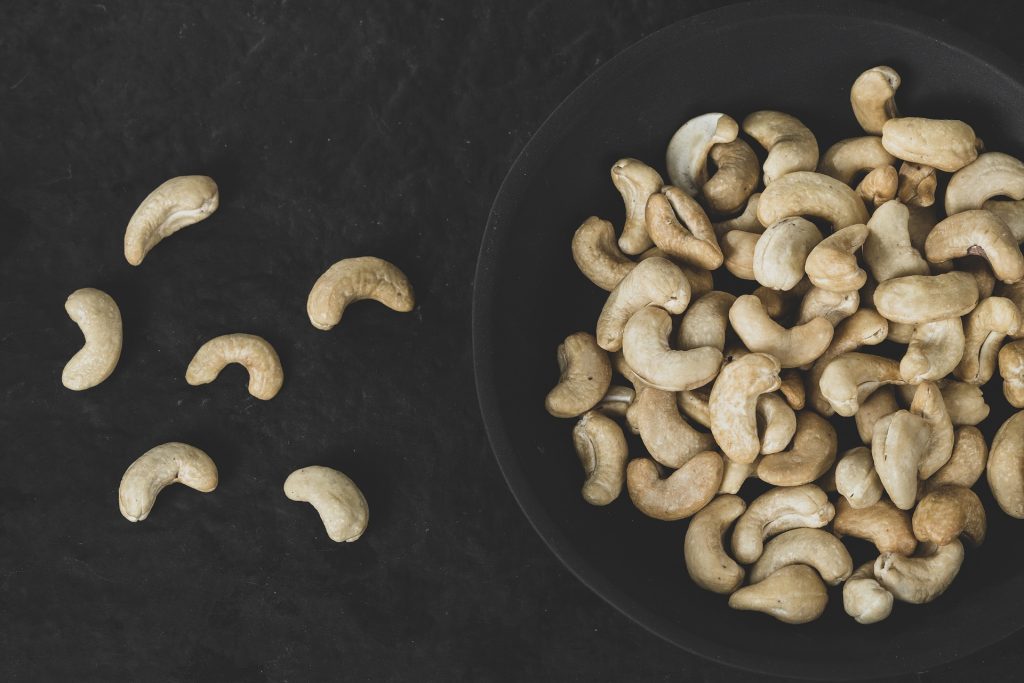
- Cashews: Creamy and Versatile
Cashews are known for their creamy texture and versatile use in both sweet and savory dishes. These kidney-shaped nuts are high in monounsaturated fats, which can contribute to heart health. Essential minerals like zinc and magnesium are also contained in the cashew, playing a crucial role in immune function and bone health.
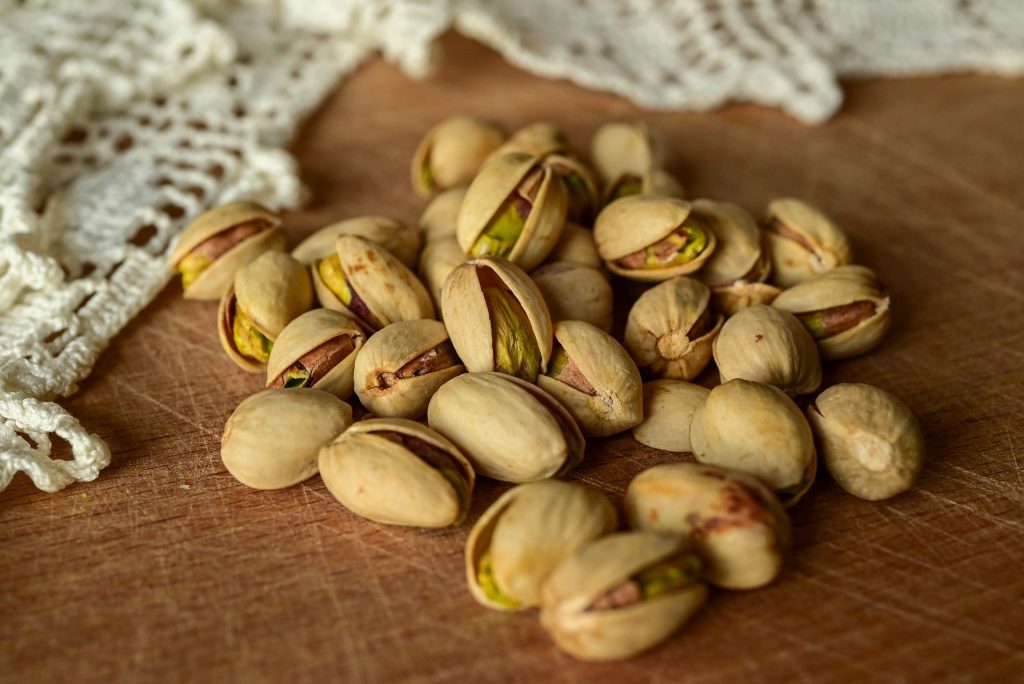
- Pistachios: A Crunchy Green Powerhouse
Pistachios, with their distinctive green color and unique flavor, are a delightful addition to the world of dry fruits. Packed with protein, fiber, and healthy fats, pistachios support weight management and cardiovascular health. These nuts are also a good source of antioxidants and may contribute to improved eye health due to their high content of lutein and zeaxanthin.
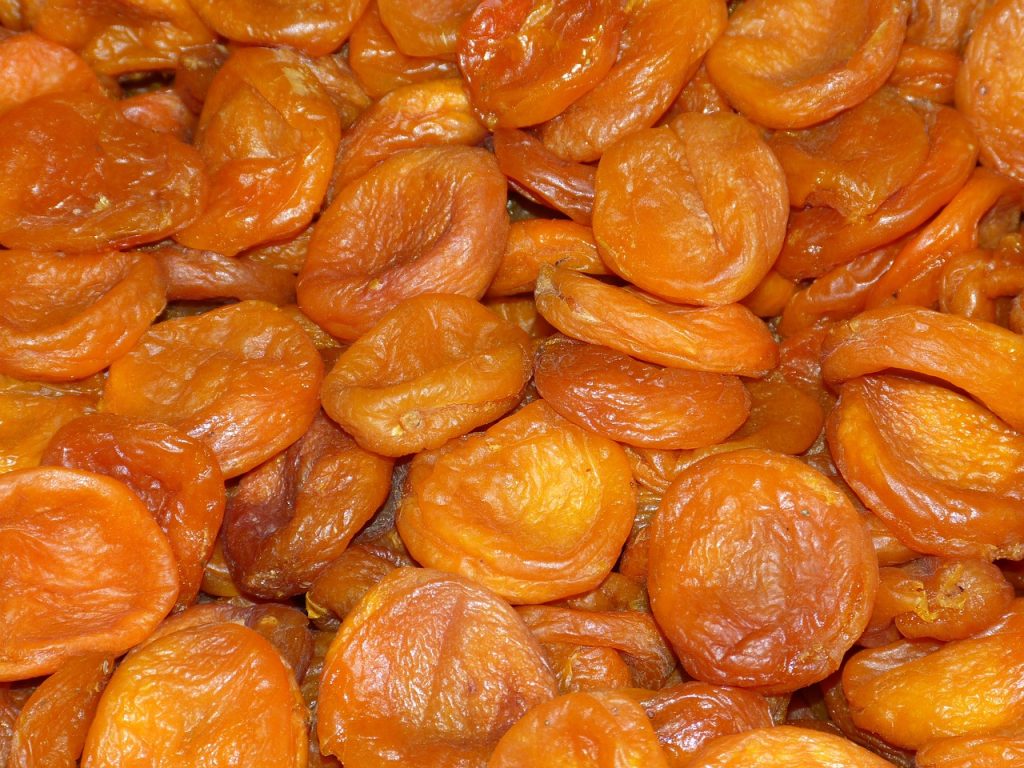
- Dried Apricots: A Sweet and Tangy Treat
Dried apricots offer a sweet and tangy flavor along with a bounty of nutrients. Dried apricots promote skin health, regulate blood pressure, and aid digestion as it is rich in vitamin A, potassium, and fiber, . They are a convenient snack option, providing a burst of energy and essential nutrients in every bite.
- Prunes: Nature’s Digestive Aid
Prunes, dried plums, are celebrated for their digestive benefits. Packed with fiber, sorbitol, and natural laxatives, prunes help alleviate constipation and promote a healthy digestive system. They are also a good source of vitamins A and K, supporting overall well-being.
Conclusion:
The world of dry fruits is a treasure trove of flavors and health benefits. From almonds and walnuts to dates and prunes, each variety brings its unique set of nutrients and virtues to the table. Incorporating a diverse range of dry fruits into your diet can not only satisfy your taste buds but also contribute to your overall health and well-being. So, embark on this delightful journey, savoring the goodness of nature’s delectable and nutritious offerings.





